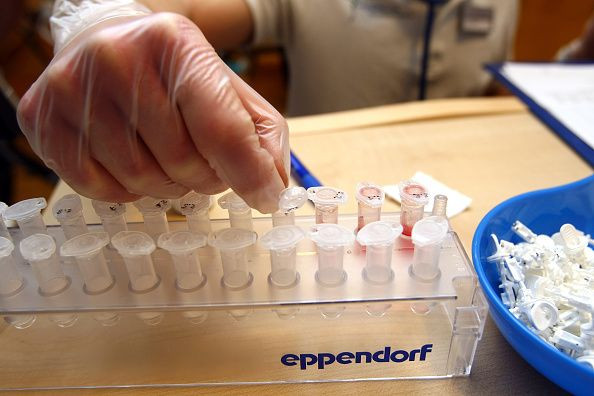Simple Blood Test Detects Breast Cancer 5 Years Ahead Of Symptoms

Thanks to new research, breast cancer detection using a simple blood test is possible as early as five years before clinical signs appear.
The researchers at Nottingham University’s School of Medicine focused on chemicals called antigens which are secreted by cancer cells and also trigger immune responses in human beings. They sought to find out if they could detect the presence of auto-antibodies in patients and find out if it had been triggered by antigens from tumor cells.
The study included 90 patients with newly diagnosed breast cancer whose blood samples were taken and compared to samples from another 90 individuals without breast cancer.
The researchers then screened the blood samples to find out if they could detect any auto-antibodies triggered by tumor antigens.
They accurately identified breast cancer in 37% of blood samples collected from the affected patients. Crucially, they were also able to show that 79% of blood samples from the control group had no breast cancer. The findings of the study are considered highly encouraging and the research team opines that it will be possible to detect early breast cancer.
According to one of the researchers Daniyah Alfattani, the findings of the study indicated that breast cancer induces autoantibodies against specific tumor-associated antigens and that they were able to detect cancer with reasonable accuracy by identifying these autoantibodies in blood samples. He opines that their study has opened the possibility of using a simple blood test to improve early detection of breast cancer, once they improve the accuracy of their test.
“We have found that these tumor-associated antigens are good indicators of cancer. These are clearly very preliminary data. We need to develop and further validate this test,” told Cambridge University cancer epidemiologist Prof Paul Pharoah to the Guardian. “A lot more research would be needed before any claim can be made that this is likely to represent a meaningful advance in the early detection of cancer,” he added.
While this research is encouraging enough, experts feel that it is too early to claim that this test could be used to screen for early breast cancer. Further research is required to increase the sensitivity and efficiency of cancer detection. The Nottingham research team is currently testing samples from 800 patients and is looking forward to improving the accuracy of the test.
© Copyright IBTimes 2024. All rights reserved.






















